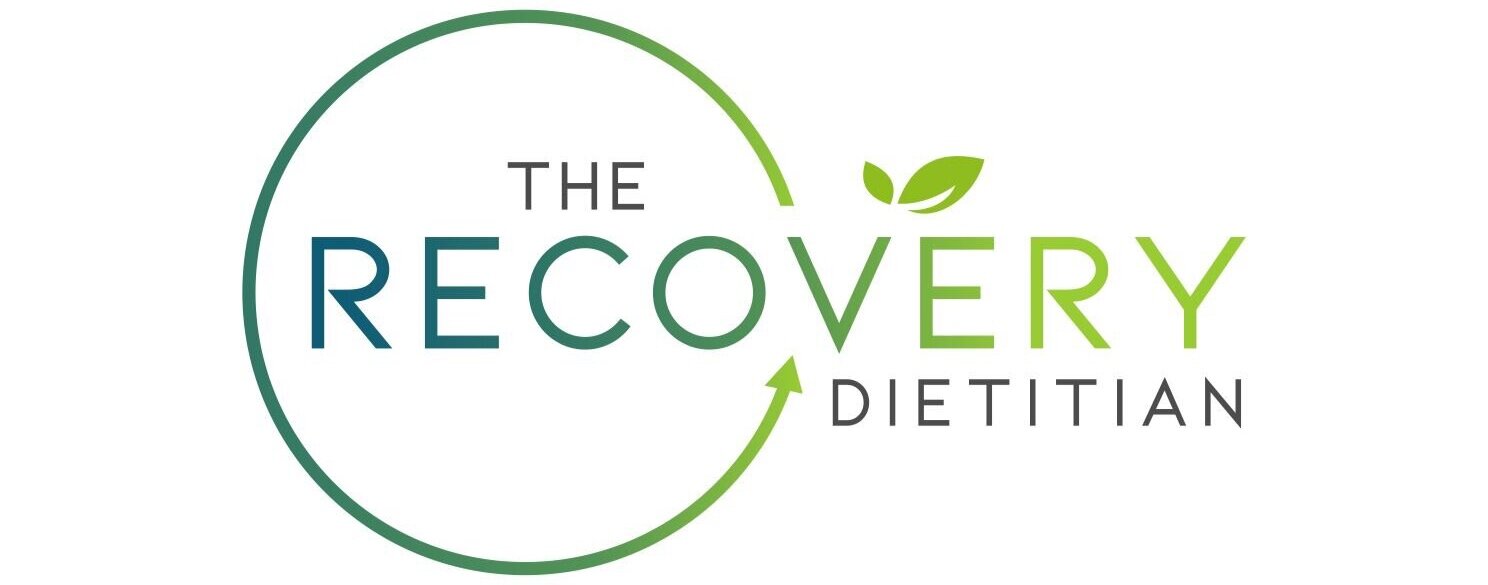Plant-Based Diet: What you need to know about protein.
The term plant-based has become synonymous with vegan.. but that’s not entirely true. A Plant-based diet focuses on plant sources rather than animal sources. The ‘main dish’ is vegetarian. This way of eating emphasizes vegetables, fruit, whole grains, beans, nuts, seeds. Animal sources may not be eliminated completely.
There are medical benefits to this way of eating.
🌱 If you are eating more plants, you are also eating more antioxidants and phytonutrients
🌱 Help support your immune system
🌱 Reduce inflammation in the body
🌱 High fiber intake can help promote healthy GI tract, cholesterol levels, and stabilize blood sugars.
🌱 May help you maintain a healthy weight
🌱 May reduce your risk of certain cancers
Protein is required for muscle growth and maintenance, keeps you satiated, and helps regulate blood glucose levels throughout the day.
Amino acids are the building blocks for protein. There are 9 essential amino acids. Essential means our bodies do not produce these naturally so we have to consume them through food.
How much protein do you need?
Well the recommend daily allowance (RDA) for protein is 0.8g/kg body weight. But you may need more if you physically active or older than 65. I typically use 1.0g/kg body weight. NOT 1gm per pound!
Your weight in Kilograms is pounds divided by 2.2.
o 130 lbs: 59gm protein
o 150 lbs: 68gm protein
o 180 lbs: 82gm protein
The Americans eats about 100gm protein/day. Just to give you an idea of the typically America diet.
Too much protein intake can effect kidney health and increase nitrogen excretion in your urine
What are some examples of plant-based protein sources?
Beans or legumes including lentils, black, pinto, chickpeas, garbanzo/hummus
Whole grains such as steel cut oats, rolled oats/granola, whole wheat bread, quinoa.
Nuts/seeds including nut butters
Soy products such as tempeh, tofu, edamame
Plant milks soy has the highest amount of protein, almond milk has the least
There is a lot of misinformation and concern surrounding soy products. There was a study published involving rats that consumed isoflavones (main component of soy) which can act like estrogen in the body and increased estrogen has been linked to certain cancers.
However, you don’t need to fear soy products. Because isoflavones act differently in our bodies and can actually be protective against breast cancer, colon, lung, endometrial, ovarian, prostate.
In my professional opinion, the benefits outweigh risks. Soy intake has been linked to lower rates of heart disease and can help lower cholesterol as well.
It is best to stick to the least processed versions of soy such as edamame, tofu, tempeh, soy milk, and miso. I do typically advise against soy supplements and soy protein powder.
If you are interested in reading more about soy, this is a fantastic article.
Meeting protein needs on a plant-based diet is easy as long as you are consuming adequate calories, eating a variety of foods, and including at least three servings per day of legumes/day. If you are struggling with meal planning or nutritional concerns, make sure to send me a quick message here and we can come up with a plan that works for you.




